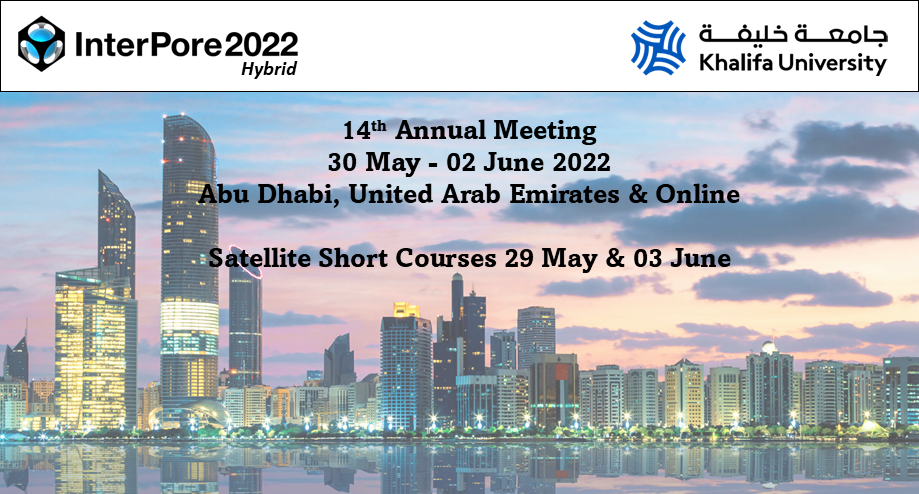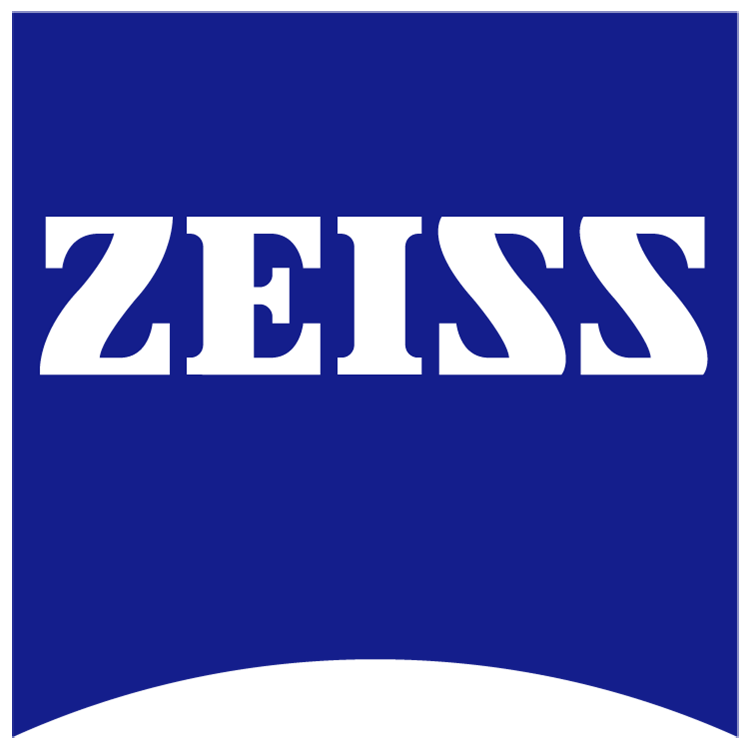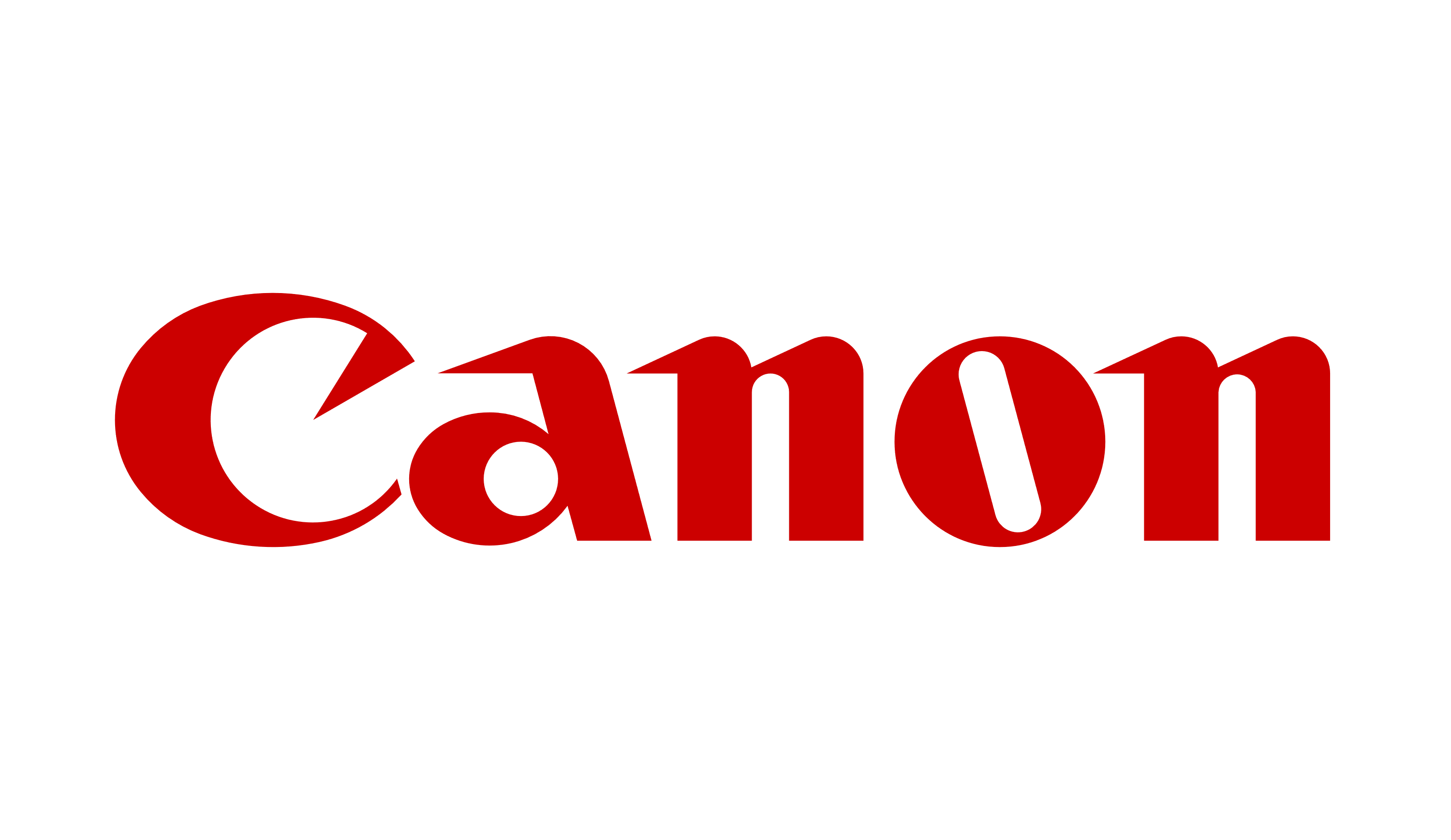Speaker
Description
Multiphase reactive flow in porous media is fundamental in many areas of subsurface science and engineering, such as mineral dissolution by acidic injection and hydrate decomposition. Pore scale simulation is an effective method to deeply investigate the mechanism of reactive mass transfer in porous media. Soulain presented a micro-continuum approach to simulate reactive flow at pore scale in the presence of multiple fluid phases. The micro-continuum approach avoids mesh generation and dynamic update for complex geometry of porous media. However, large spurious velocities in simulation of capitally dominated flow can cause adversely affect the prediction of concentration distribution and reaction rate. In this paper, the accuracy of the surface tension force calculation is improved by modifying gradient and curvature near the wall, and implementing the local mesh refinement, the Sharp Surface Force (SSF) model and the Piecewise Linear Interface Calculation (PLIC) algorithm. The improved method is validated for various multiphase flow scenarios for Capillary numbers of 10-3 - 10-4. In the test case of flow in a capillary channel, the spurious velocities at gas-liquid interface and near the solid wall are compared to demonstrate that the maximum spurious velocity is near solid wall, which is mainly affected by the accuracy of gradient and curvature near the wall. The porous media cases show that the spurious velocities of the improved method can reduce at least one magnitude. The impacts of maximum time step and mesh resolution are also verified.
| Participation | Online |
|---|---|
| Country | CHINA |
| MDPI Energies Student Poster Award | No, do not submit my presenation for the student posters award. |
| Time Block Preference | Time Block A (09:00-12:00 CET) |
| Acceptance of the Terms & Conditions | Click here to agree |









